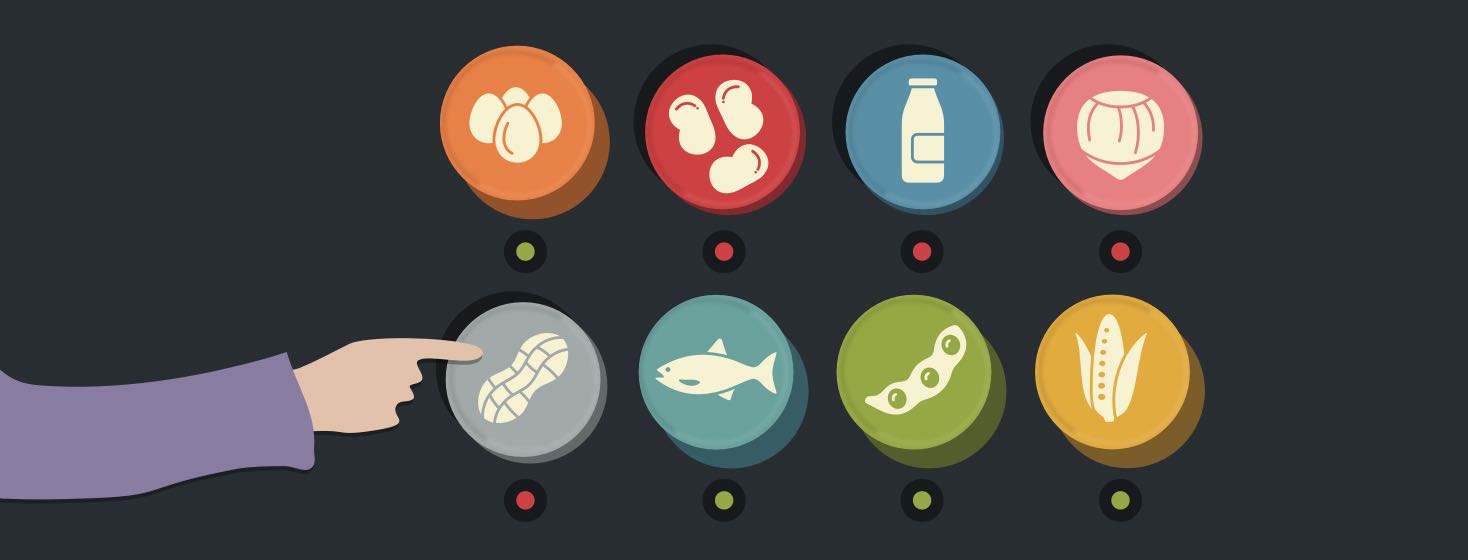The Connection Between Food Intolerance and IBS
Though I have a range of health disorders, I miraculously seem to not be afflicted by any allergies, including food allergies. My digestive issues have caused me to get tested for food allergies numerous times throughout my twenties and thirties. Yet, with the exception of a possible mild allergy to pine nuts, my tests always came back clean.
Yet, while I may not have to worry about anaphylaxis, there are many foods that do seem to disturb my gut--sometimes severely. These symptoms may not be indicative of actual allergies, but could more appropriately be referred to as food intolerances (or sometimes, food sensitivities). For me, such food intolerances include almost all types of beans, chili peppers, whole-fat cow milk, coffee, and marinara sauce, all of which I need to avoid completely in my diet. There are other foods I can eat, but must only do so sparingly and in modest or even small amounts--such as soy, gluten, and certain fruits like apples. I am a vegetarian, so I already steer clear of meat (including red meat like beef and pork), which can also be a huge IBS trigger.
Food intolerance and IBS
According to a 2006 study, intolerance to certain foods seemed to play a prominent role in the symptoms of up to 65% of the patients with IBS that the researchers analyzed.1 This study noted overall that food hypersensitivity is much higher in those with IBS--by an average range of 20-65%--compared to approximately 5% of the general population.
If you haven't been tested for food allergies yet, you may want to do that. However, if you've already done that and it's been determined you do not have any allergies, you may consider that instead you suffer from an intolerance or hypersensitivity to certain foods. By zeroing in on what those foods might be and minimizing or altogether eliminating them from your daily diet, you may experience at least some (if not significant) relief in your symptoms. One way to figure this out is to keep an IBS diary for a few days or couple of weeks that tracks everything you eat and your bathroom habits. You can then begin to connect the dots about what foods are triggering flares. Common triggers often include whole wheat, beans, alcohol, caffeine, dairy (at least, dairy with lactose and high fat content), and foods that are considered high FODMAP. So you could start with reducing or eradicating your intake of these if you still have problems identifying possible culprits.
Have you identified any particular foods you had a sensitivity to and excluded them in your diet? If so, did you notice any discernible difference in the frequency or severity of your IBS symptoms? Weigh in in the comments section below!

Join the conversation